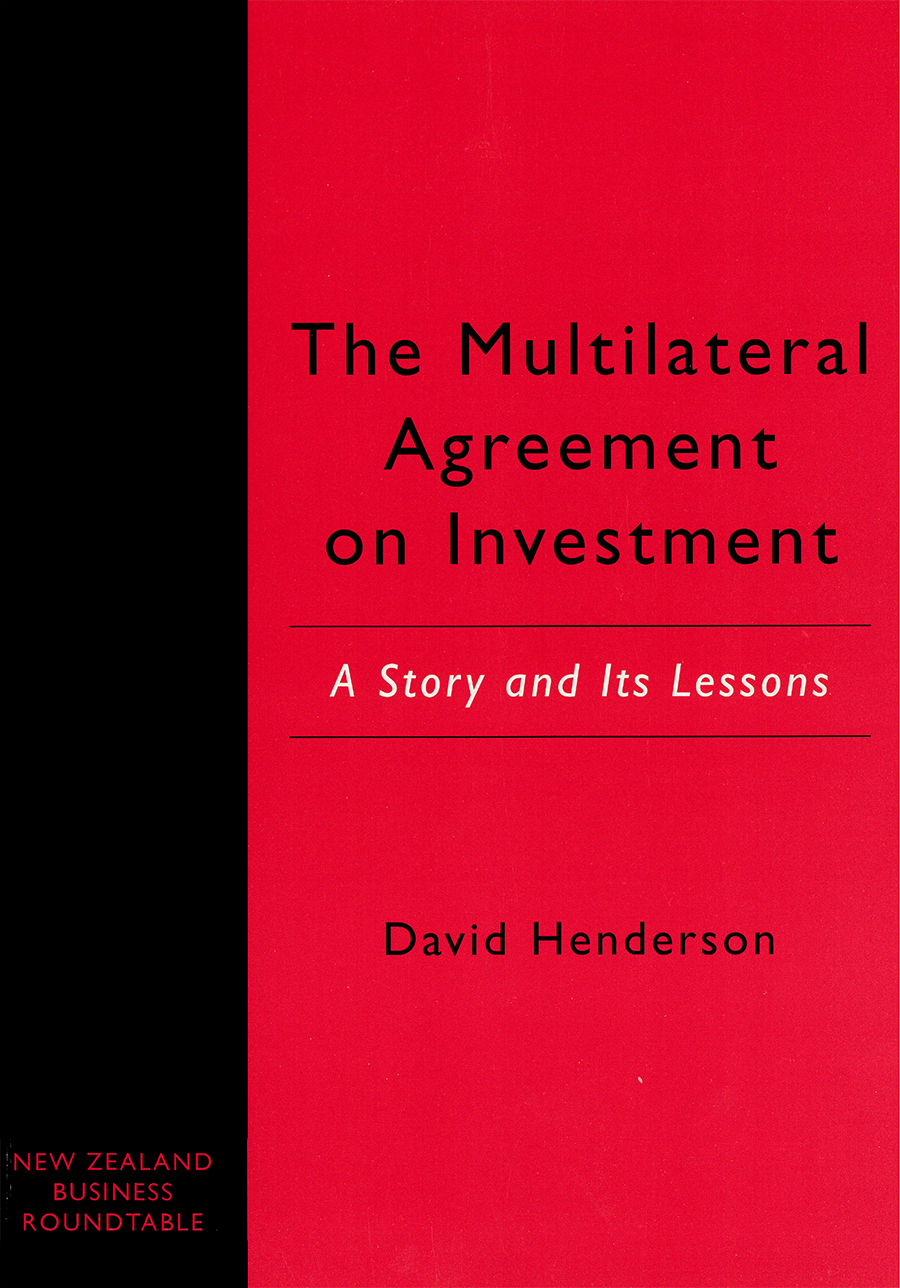The subject of this paper is a failed venture in international economic cooperation, the Multilateral Agreement on Investment (MAI). I consider the reasons for the failure and its wider implications.
Negotiations to draw up the MAI were launched within the Organisation for Economic Cooperation and Development (OECD) by its member governments in the early part of 1995. They came to an end, without result, towards the close of 1998. There is no prospect that they will be renewed.
The purpose of the MAI was to promote the further freeing of international flows of private foreign direct investment (FDI). To this end, it would have placed additional limits on the freedom of signatory governments to impose or maintain restrictions on such flows. It was to have been an instrument of liberalisation.



